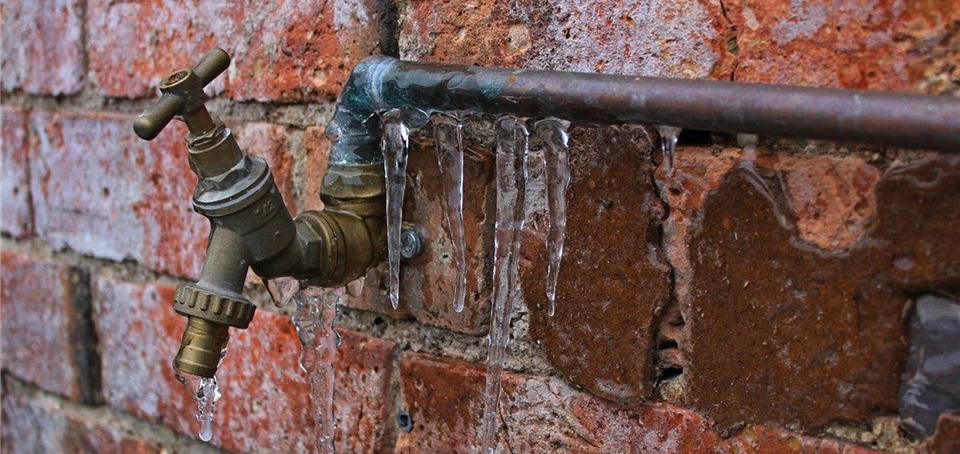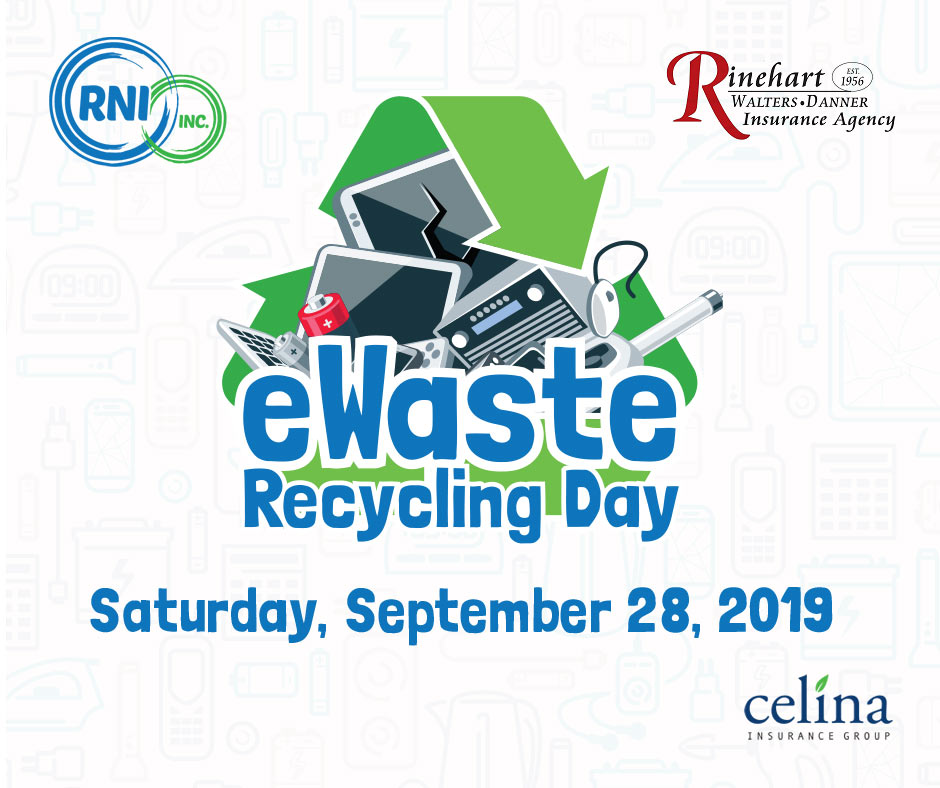
Matt and Lisa have the perfect date night planned. Dinner, theater, then desert. However, that perfect date night quickly turns into a disaster when Matt goes to pay for the dinner. Both his debit card and credit card are declined. With the mood for the night now ruined, they return home and start making phone calls to find out what is going on. They quickly determine that the checking account has been drained and the credit card is maxed out and all the purchases were made several states away. Matt has been an unfortunate victim of identity theft.
What is identity theft?
Identity theft occurs when personal information such as Social Security numbers, bank account information or credit card numbers are obtained without permission. Once thieves have this information, they can use existing credit cards or open new ones, make purchases in the victims name, write bad checks, even take out loans. If the theft is not recognized immediately, a victims credit score could be tarnished without them realizing it. The FTC estimates that 17.6 million Americans have their identities stolen annually.
How can thieves steal your identity?
There are a number of ways that thieves can still your identity but the most common means are:
- Dumpster Diving – thieves rummage through your trash looking of bills or other papers with personal information.
- Skimming – Thieves steal credit and/or debit card numbers by using a special storage device when processing your card.
- Phishing – Thieves pretend to be financial institutions and send spam e-mails and pop-up messages to your computer to get you to reveal personal information.
- Changing your address – Thieves divert your billing statements to another location
- Stealing (the old-fashioned way) – Thieves take your purse or wallet, bank or credit card statements, pre-approved credit offers and tax information from your mailbox.
- Pretexting – Thieves use false pretenses to obtain your personal information from financial institutions, and use that information to make changes.
Signs of identity theft.
Stay alert for any of the following signs of identity theft:
- Accounts you did not open and debits on your account that you cannot explain.
- Fraudulent or inaccurate information on your credit report.
- Failing to receive bills in the mail.
- Receiving credit cards in the mail that you did not apply for.
- Being denied credit or being offered less favorable credit terms, such as a higher interest rate, for no apparent reason.
- Receiving calls and letters from debt collectors about merchandise/services that you did not purchase.
Do I need Identity theft insurance coverage?
While identity theft insurance does not protect against actual monetary theft, it does cover the cost victims will incur while they are recovering their identity. The coverage may include:
- Phone call and photocopying charges
- Postage fees for mailing documents
- Salary loss due to uncompensated time away from work while repairing one’s identity
- Legal fees
- Access to a fraud specialist who can assist in restoring good credit and protecting one’s identity again
- Help with preparing documents, filing police reports and creating a fraud victim affidavit.
Since victims may spend a considerable amount of time recovering from identity theft, these services can make the situation a little less stressful. Both on the mind and your wallet.
In addition to identity theft insurance you should also make sure to protect your social security number, take caution when throwing documents in the trash, exercise caution on the internet, select intricate passwords , verify sources before giving out any personal information and check your credit report on an annual basis. Life is stressful enough, the last thing you want is the additional stress of identity theft. By taking extra precautions and purchasing identity theft insurance you can have some extra peace of mind that your identity is safe.
Interested in purchasing identity theft coverage? Information can be found by clicking here.
















 In today’s world, everyone is looking for ways to make the most out of every dollar. Insurance premiums can be a large expense in most households. Even though auto insurance is something you are required to have, it doesn’t have to break the bank. We have a few recommendations that could help you save money on auto insurance premiums.
In today’s world, everyone is looking for ways to make the most out of every dollar. Insurance premiums can be a large expense in most households. Even though auto insurance is something you are required to have, it doesn’t have to break the bank. We have a few recommendations that could help you save money on auto insurance premiums.
 Monday September 2, 2019 is Labor Day. Labor Day is observed the first Monday in September with many employers closing their business and giving employees the day off.
Monday September 2, 2019 is Labor Day. Labor Day is observed the first Monday in September with many employers closing their business and giving employees the day off.